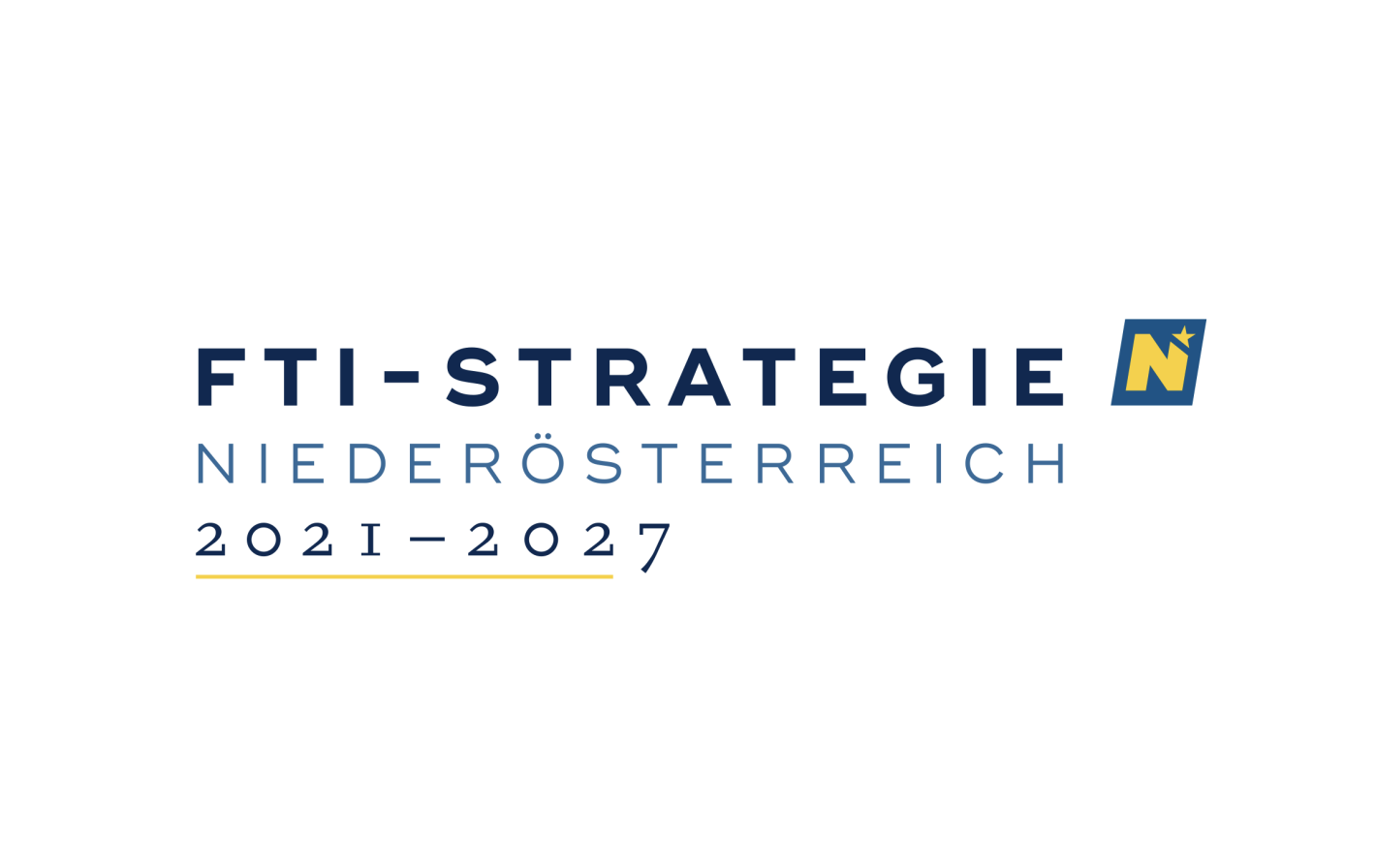Klimahaushalt(en)

Lead partner:
Institut für Industrielle Ökologie (IIÖ)
Scientific management:
Bernhard Windsperger
Additional participating institutions:
NÖ Energie- und Umweltagentur
ÖIN – Österreichisches Institut für Nachhaltige Entwicklung
ÖIN – Österreichisches Institut für Nachhaltige Entwicklung
NÖ Energie- und Umweltagentur
ÖIN – Österreichisches Institut für Nachhaltige Entwicklung
NÖ Energie- und Umweltagentur
Research field:
Geistes-, Sozial- und Kulturwissenschaften
Funding tool: Basic research projects
Project-ID: FTI19-013
Project start: 01. Oktober 2020
Project end: will follow
Runtime: 24 months / finished
Funding amount: € 180.000,00
Brief summary:
Climate change is one of the greatest challenges of our time and the human impact through our consumption patterns and the supply chains behind are essential drivers responsible for the dramatically increase of greenhouse gas emissions. This means that consumption and notably private consumption gets increasingly in the focus of climate change mitigation. Hereby a broad variety of consumption types exists, depending on different socioeconomic surrounding conditions (location, income,..) of the respective households and also the practiced lifestyles, which have to be taken into account. Consequently, it is necessary to develop emission reduction measures in cooperation with households, tailored to the respective lifestyle and framework conditions, to convert the mostly common formulated recommendations in tangible and accepted behavioural changes.
Main target of the proposal is the elaboration of ways to reduce the climate footprint of the private consumption in Austria. A special consideration is on the typical life conditions and specific lifestyles of households in Lower Austria, for which tailored behavioural changes for reducing the emissions behind the consumption pattern will be worked out in a participative process. The actual consumption-based GHG-emission of each of the households will be calculated from the consumed products and services. Together with the households effective and affordable lifestyle changes shall be developed, starting with their individual anticipation of the magnitude of the single emission drivers. In a following experience period, the measures will be tested by the households, supported by the project team. Hereafter, the extent of emission reduction by the proven behavioural changes is calculated. The quantified effects of the measures will be merged with the practical experience to show the realistic emission reduction potentials for households in Lower Austria. The cost implications of the behavioural changes, one possible barrier, will be qualitatively estimated as well, grouped according to their magnitude and the type of costs (e.g. investment and yearly operating costs).
A final evaluation will depict the variation in the emissions induced by consumption of the participating households, where a clustering for socio-economic conditions will be tried. The possible emission reduction potentials of the different households are related to the height of actual emission and the most effective lifestyle or behavioural changes are identified. Hereby, the difference between perceived and effective reduction possibilities in the different households is investigated. The most relevant barriers against climate friendly consumption are collected in relation to the socio-economic environment and lifestyles (consumption patterns). The collected experience on the exercised measures shall bring evidences for accepted ways to a climate friendly consumption behaviour.

